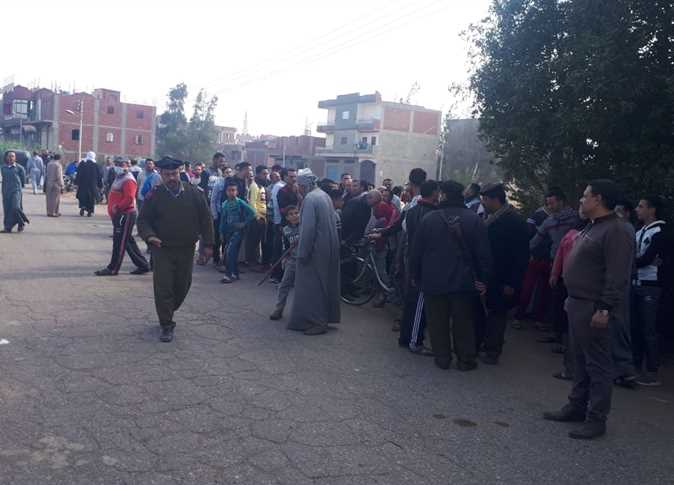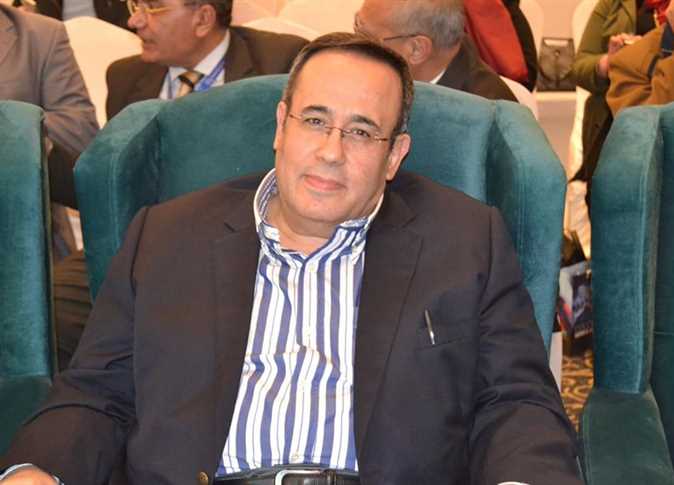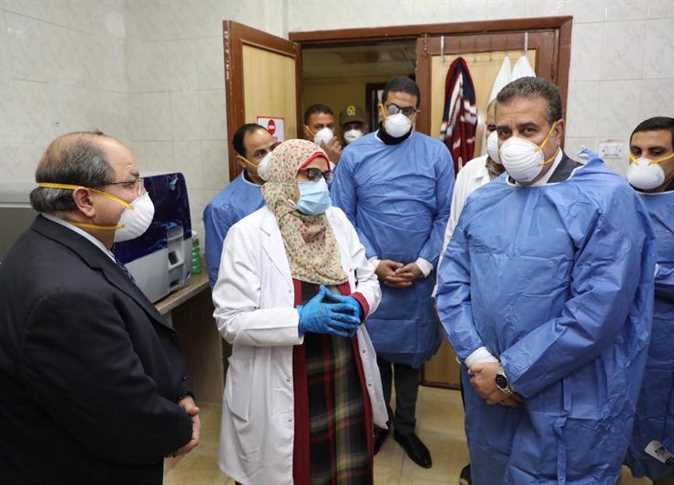Activists from the Doctors Without Rights (DWR) movement met with the head of the Egyptian Doctors Syndicate on Tuesday to discuss a new draft law aimed at regulating the medical profession and the activities of medical practitioners.
The bill, proposed by the Health Ministry and dubbed the "Doctors Professional Development Law," stipulates that doctors pursuing post-graduate studies will be fully responsible for all financial expenses associated with their studies, training, accommodations and transportation to any medical events or conferences they might attend.
“Although the government claims it is trying to enhance doctors’ skills through this bill, the draft law actually imposes new, unaffordable financial burdens on doctors,” said syndicate spokesman Dr. Said Sayyed.
If the draft is approved by parliament, doctors will be required to receive 250 hours of medical training over the course of five years, or else his or her syndicate membership will be temporarily suspended based on the number of missed hours. According to DWR’s Dr. Mona Mina, doctors will face one month of suspension for every two hours of training missed.
As it now stands, the government does not impose any punishment for a failure to receive set numbers of training hours.
“We aren’t against doctors’ professional development, but the government should take steps to remove such obstacles," said Dr. Mina. "We need to establish a balanced system without implementing punitive conditions.”
She went on to criticize a proposed "National Authority for Professional Development," which the government is reportedly on the verge of establishing. "Why do we need another authority when we already launched the National Training Institute in 2002, in addition to training departments all over the country?” she asked.
Dr. Mina urged a greater degree of coordination between these authorities in an effort to provide better training services for doctors, while also saving money with which to supply notoriously under-equipped government hospitals.
Nevertheless, she expressed some optimism following a meeting with syndicate head Dr. Hamdi el-Sayyed, pointing out that the latter had agreed to discuss the bill’s more controversial articles on 26 March, when the syndicate is scheduled to convene its national assembly. “I believe our demands will be met, since el-Sayyed appeared receptive to our objections,” Dr. Mina noted.
Last month, 350 doctors signed a petition addressed to the syndicate in which they expressed their concerns over the proposed legislation. The petition comes amid continuous protests by the DWR and other doctors’ groups that have called for improved work conditions for medical practitioners.
In March 2008, Egyptian doctors had planned to stage a nationwide strike. But the action was eventually called off by Dr. el-Sayyed and the Muslim Brotherhood opposition movement, the latter of which enjoys considerable influence within the syndicate.
“We call for stepped-up protests to condemn doctors’ deteriorating conditions,” said Dr. Sayyed, the syndicate spokesman.




